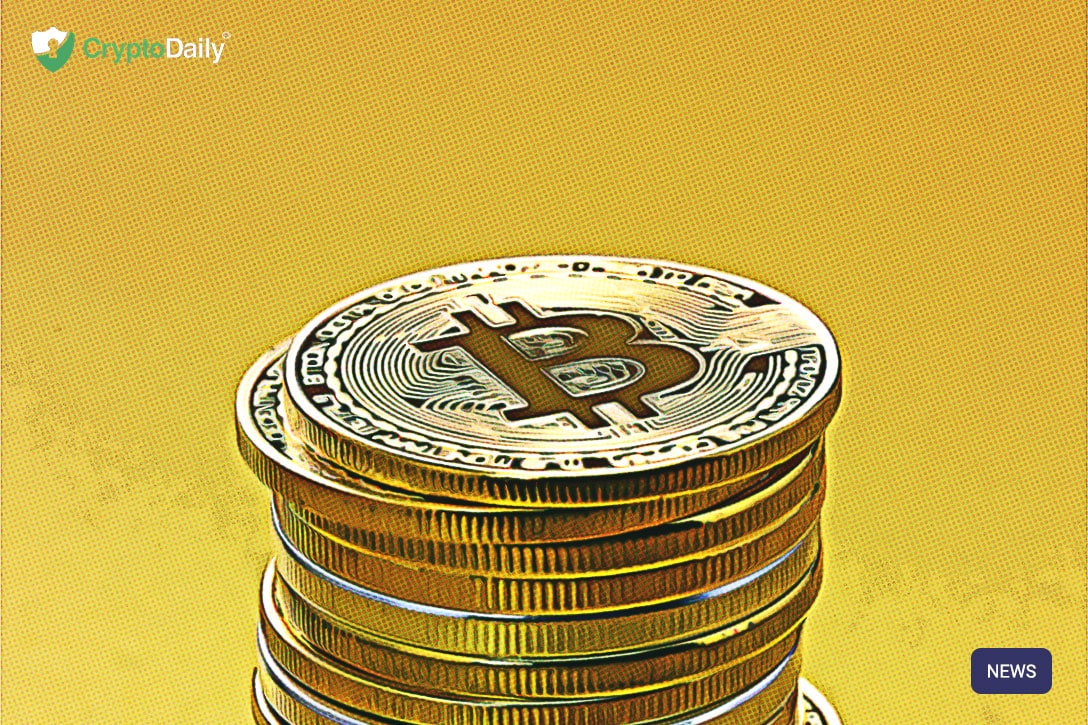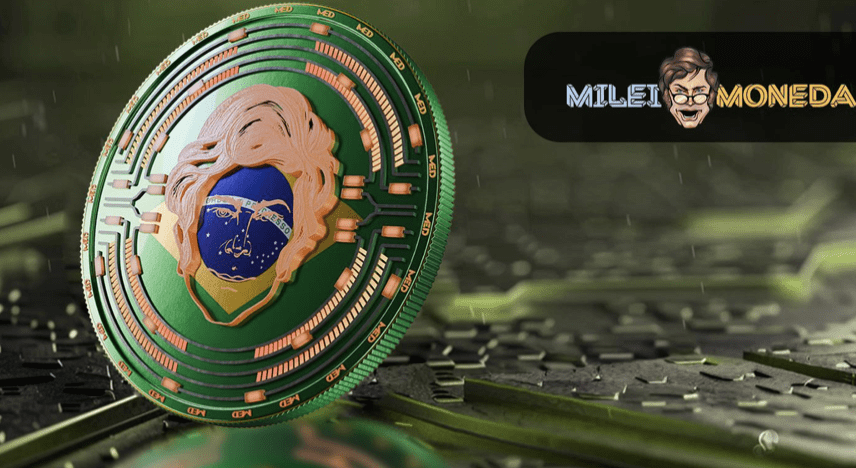Table of Contents
Bitcoin has been a rave since its start date in 2009. It is over ten years now, and the world’s first cryptocurrency is now worth much more. From about $0.0008, the Bitcoin is now worth over $10,000.
A lot of countries and continents have shown interest not just in Bitcoin but in other cryptocurrencies as well, the altcoins. Africa is one of such continents, and Ghana is among the top 3 countries when it comes to cryptocurrencies in Africa, coming behind South Africa and Nigeria.
The persistent problem cryptocurrencies that Bitcoin face in Ghana and other parts of the world is the problem of regulation. As a decentralized technology, blockchain transactions provide anonymity and transparency. Anyone can view the transaction records of a wallet, but no one can identify the owner.
However, some governments are yet to formally accept and regulate the use of Bitcoin and other cryptocurrencies. Thankfully, some countries have succeeded in regulating the use of cryptocurrencies with bodies like the Financial Crimes Enforcement Network (FinCEN), The Securities and Exchange Commission (SEC), etc.
But, what is the situation in Ghana? Here is what you should know about crypto regulation in Ghana.
Is Cryptocurrency Regulated In Ghana?
Unfortunately, the answer to that question at the moment is NO. More unfortunately, the Bank of Ghana continually warns citizens from engaging in cryptocurrency-related investments and transactions that are very risky.
Despite the fact that many forex brokers that accept mobile money in Ghana and operate in this country are reputable, back in 2018 there was a crypto scam called Global Coin Community Help (GCCH). Up to 100,000 Ghanaian investors lost 137 cedis in this scam.
In the aftermath of the GCCH scam, the secretary to the Bank of Ghana, Frances Van-Hein Sackey made a statement that those who engage in crypto investment with any type of investment company or platform do so at their own risk. Also, the Bank of Ghana will not be held accountable for any loss incurred.
The platform Conitobuy ranks Ghana crypto regulation 2.5 points out of 10 - which is relatively low - stating that the regulation status in the country is controversial. Also, out of 249 countries, Ghana is ranked at #137.
What Is The Good News?
While the Bitcoin and other coins are not formally accepted in Ghana, there’s good news and hope for the future. In a recent report, the Central Bank of Ghana is expected to launch a digital currency, the Central Bank Digital Currency (CBDC). In fact, the news was confirmed by the deputy governor of the bank, Dr. Maxwell Opoku-Afari at a virtual stakeholder workshop in 2019. Currently, the Central Bank of Ghana is still in the process of launching this digital currency.
If such happen, Ghana would be the first country in Africa to go digital with its currency, following the footsteps of China who are looking to launch the digital Yuan.
This might not directly affect the regulation of cryptocurrencies but, what it implies is that the Ghana government is picking interest in digital currencies. It’ll be only a matter of time before the support extends to other digital currencies.
Relating to that, the Ghana Security Exchange Commission is also looking at licensing crypto exchanges in the country so that citizens can identify legit exchanges from the illegal ones. This will then bring about the regulation of cryptocurrencies in Ghana.
Bottom Line
Cryptocurrencies in Ghana are not regulated at the moment, but they are not in any way considered illegal. Bitcoin and altcoins users are advised to do so at their risks. While this is not the best situation, Ghana is better off in terms of cryptocurrencies compared to some other African countries.
Take Kenya for example, the country’s apex bank warned citizens against using cryptocurrencies while such is wholly banned in Algeria. All of this, however, can be attributed to the less sensitization of cryptocurrencies.
Even a lot of people that use cryptos only know their wallet address and how to send and receive coins; they don’t understand how the blockchain works. In fact, a lot sees it as a gamble.
Until people are adequately educated about the use of Bitcoin and the blockchain technology, the problem of crypto regulation will persist.
Investment Disclaimer







